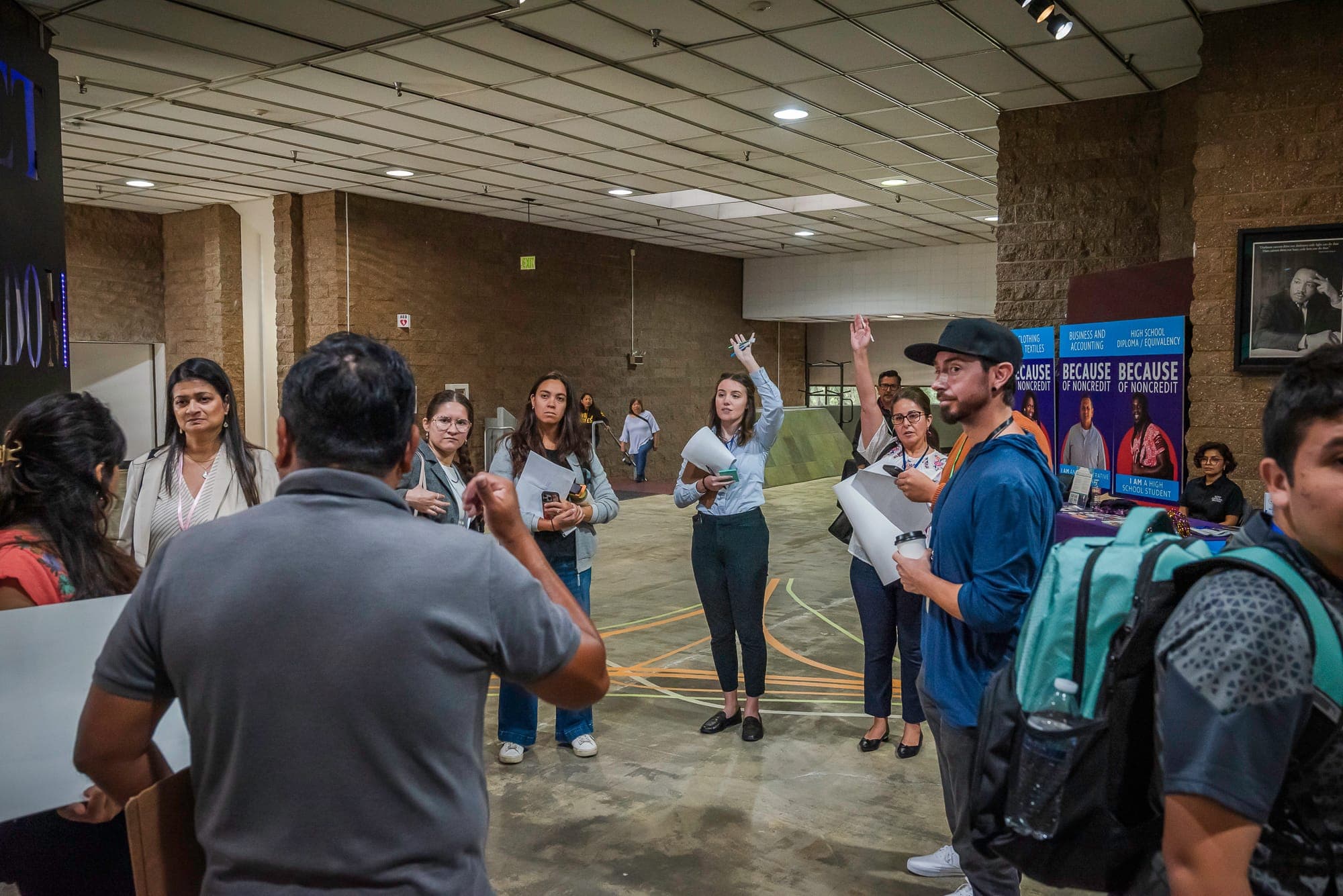
News
By Kennedy O'Dell, July 7, 2025
On Thursday, June 26th, LOCUS and Smart Growth America hosted the second webinar in the “Building the Stack” series. This series of conversations with real estate developers and community partners focuses on demystifying how to finance and build high interest projects. This recent webinar focused on approaches to building small scale and missing middle housing and featured four speakers from across the country.
From missing starter homes for young families to a dearth of homes available for seniors hoping to downsize but stay in their communities, the impacts of so-called “missing middle housing” are being felt throughout the country. The Building the Stack series is designed to dig into the challenges with developing key project types, like missing middle, by allowing attendees to explore real case studies with a variety of stakeholders who are developing the projects, providing the financing, or steering development in their communities. This webinar featured four experts who are leading the way in infill development, sustainable housing, and community-based planning solutions in their respective communities. Jim Heid, Founder of UrbanGreen and CRAFT DnA, defined missing middle housing, spoke to the challenges developing at a small scale, and talked through the innovative and flexible approach that was needed to get one dense, missing middle style project completed. Shannon Morgan, President and Co-Founder of Renovare Development and a missing middle housing developer from Michigan, highlighted specific high-impact projects in Michigan and how they were financed while Greg Minott, Managing Principal at DREAM Collaborative, spoke to examples in the Boston area. Jennifer Settle, Senior Associate at Opticos Design, rounded out the conversation with a discussion of the barriers to missing middle housing, including zoning, a development ecosystem less used to creating these types of units, and community opposition.
Key takeaways
Throughout the webinar, a number of key takeaways emerged:
1. Missing middle and small scale projects require creativity to complete. Jim Heid discussed a project where a creative approach to parking requirements allowed for an innovative design that ultimately brought development costs down. Shannon Morgan discussed intricate capital stacks that included new funding sources from the State of Michigan explicitly intended to support missing middle housing.
2. Missing middle and small scale projects require collaboration to complete. Multiple speakers noted the need for local government officials to think of themselves, and act as, collaborators on projects. Greg Minott described a 74 unit mixed income project in the Boston area that was made possible by a partnership with the city where the property was provided for only $1. Shannon Morgan noted a major project that was developed on a public parcel and another project that was anchored by a collaboration with a local Habitat for Humanity branch.
3. Examples and model projects exist across the country in communities of all sizes. Speakers highlighted missing middle projects from across the country, including in Ypsilanti, Michigan, Roxbury, Massachusetts, and Healdsburg, California.
4. The rules of play—zoning, code, etc.—directly shape what is built in a given community and they can be altered to better support the development of missing middle and small scale projects.
Don’t miss the next installment!
On Thursday, July 24th, join us for a conversation on innovative approaches to housing development. Alternative approaches in financing or project development can be slow to move from one community to another. This conversation will feature leaders championing new models for funding and constructing smart growth-aligned housing types such as co-ops and affordable housing.
Consider joining LOCUS
Are you a purpose-driven developer or investor? Consider joining Smart Growth America’s LOCUS coalition! LOCUS, latin for ‘place’, is a national coalition of real estate developers and investors who advocate for smart growth at the federal level, with occasional work at the state and local levels. LOCUS brings together real estate developers and investors from across the country to change policy and to build neighborhoods that are more economically, socially, and environmentally sustainable for America’s future. LOCUS is driven by the vision of a country in which every person lives in a vibrant and healthy community. Membership provides access to monthly briefings, policy development conversations, and curated newsletters to keep you and your organization informed. Take advantage of a 20 percent off discount on membership through the summer and learn more about joining LOCUS here!
Related News

© 2026 Smart Growth America. All rights reserved
Site By3Lane Marketing











